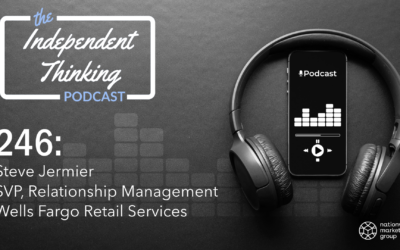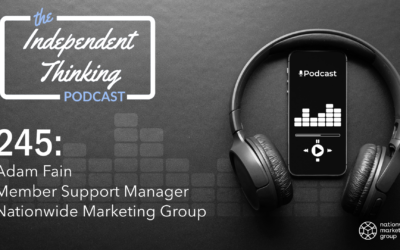Millennials and Gen Z are the next generation of consumers in the market and are already starting to reshape the appliance buying process. These new buyers are not just looking at price when making decisions. Rather, they base their choice on things like versatility, technology and efficiency.
That said, according to a study by the National Kitchen & Bath Association, when working on kitchen remodels, millennials spend almost 20% more than the typical investment. That’s because they have a good sense of what they want and are willing to spend more to make sure their home fits their lifestyle.
Technology, partnered with time saving efforts, continue to play a major part in the decision-making process for the younger generation. One-in-seven kitchen remodeling projects incorporate new technology. Appliance brands that integrate smart technology into their products — and prominently highlight those features on retailers’ websites — will have a leg up with younger buyers.
Millennials and Gen Z buyers are also looking to buy from brands that they feel good about and understand the values of those brands. Young buyers want to see that they are not just giving money to a company that is just looking to make a quick buck, but also one that is about making a difference in society or their local community.
Sustainability Is a Pillar
With climate change concerns on the rise, a Whirlpool survey found that 61% of the younger generations consider themselves environmentalists and want to make sure they have a positive impact on the earth. In fact, according to a First Insight, Inc. report, 54% of Gen Z said they would be willing to spend up to 10% more on sustainable products. The additional cost associated with sustainable products are not as much of a concern and will not deter them at first look. Through research, they understand the additional technology associated with the products and are willing to spend more to help the environment. Further, younger consumers want to purchase from companies that minimize their environmental impact and allow the consumer to do the same with ENERGY STAR products.
Social Media Is the First Stop
The next generation of consumers are hyper aware when they are doing research on products. In an Adweek survey, 60% of Gen Z said they will leave reviews on social media and websites when they purchase a product. They’re not just writing reviews, though. Millennials and Gen Z’s are using reviews to crowdsource a collective experience or opinion on a retailer or product before they make a purchase. Online experience, instore experience, products and deliveries are all being reviewed these days and a few bad encounters can cause many consumers to not consider a brand or retailer.
And while research is done online by younger consumers, their attention span is very short. To that end, they do not spend a lot of time on sites unless the experience is worthwhile. As a member of the Millennial generation I have experienced the impact of a website’s first impression on me. Growing up with the internet, I have seen how websites have progressed over the years and can almost know immediately what my experience will be on a site the second the page loads. The store front use to be the way you get customers, but today I will judge a retailer by their website without even stepping foot in the store. Consumers want an interactive site that gives them the answers they want and need with as few clicks as possible. If they do not enjoy their experience, they will quickly move on to the next retailer or website.
The next generation of consumers is very different from previous generations. Their kitchens are more than just another room in their home. Cooking and socializing are major parts of their lives, and they want to make sure the space reflects their personality. They prefer their kitchens to be open concept with a luxury feel that will allow for the space to be multipurpose. Taking those key factors into retail displays will allow younger buyers to get a good idea of what they can expect in their own household. Retailers that are keeping these up-and-coming shoppers top-of-mind will continue to have success and drive business to their stores.
This article was first published in the September 2020 issue of Retail Observer.




